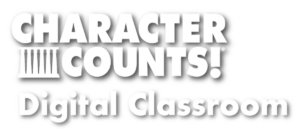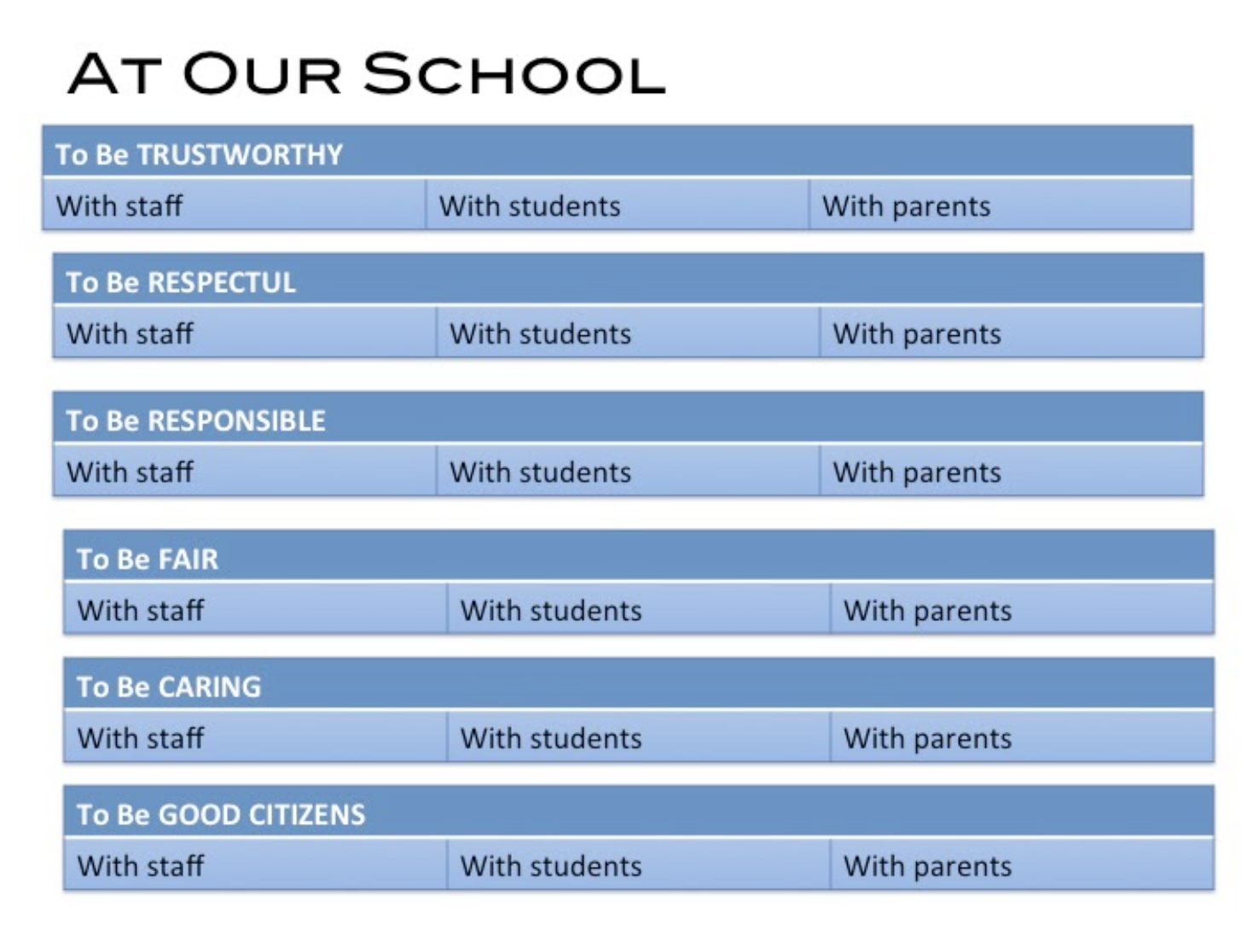An effective educator is a Do-Gooder, judged by actions and not intentions. They are earnest, relentless, and optimistic reformers, pushing forward to change the world despite indifference and backlash. No one said it would be easy. But, we know that the climate of a school depends on the adults and students doing good.
Dr. Gary Smit examines the role of a Do-Gooder:
Application
- Compare and contrast opinions that others have about educators being Do-Gooders? What is your definition related to you role at school that speaks to what it is you do?
- I am good at what I do. I am still learning and working on myself. I will always be growing. Brainstorm as to what this means for those of us who are committed to making a difference in the lives of the children entrusted to our care.
- Who has been a role model for you? In what way did this individual(s) influence you to “do good?”
- What are specific ways you are helping your students to be Do-Gooders? Check out the links on the following page for ideas.
- Here is an opportunity to create key beliefs of desired actions around the Six Pillars of Character with staff, students and parents. Each small group takes one of the Six Pillars of Character and completes what the value means with staff, students and parents. Your responses should be considered as observable actions. Have each group report and then compile the responses. Your school has just created a “why” for what it is you do to engage in CHARACTER COUNTS!
Hear more from Gary on Twitter – @GSmit4Character


